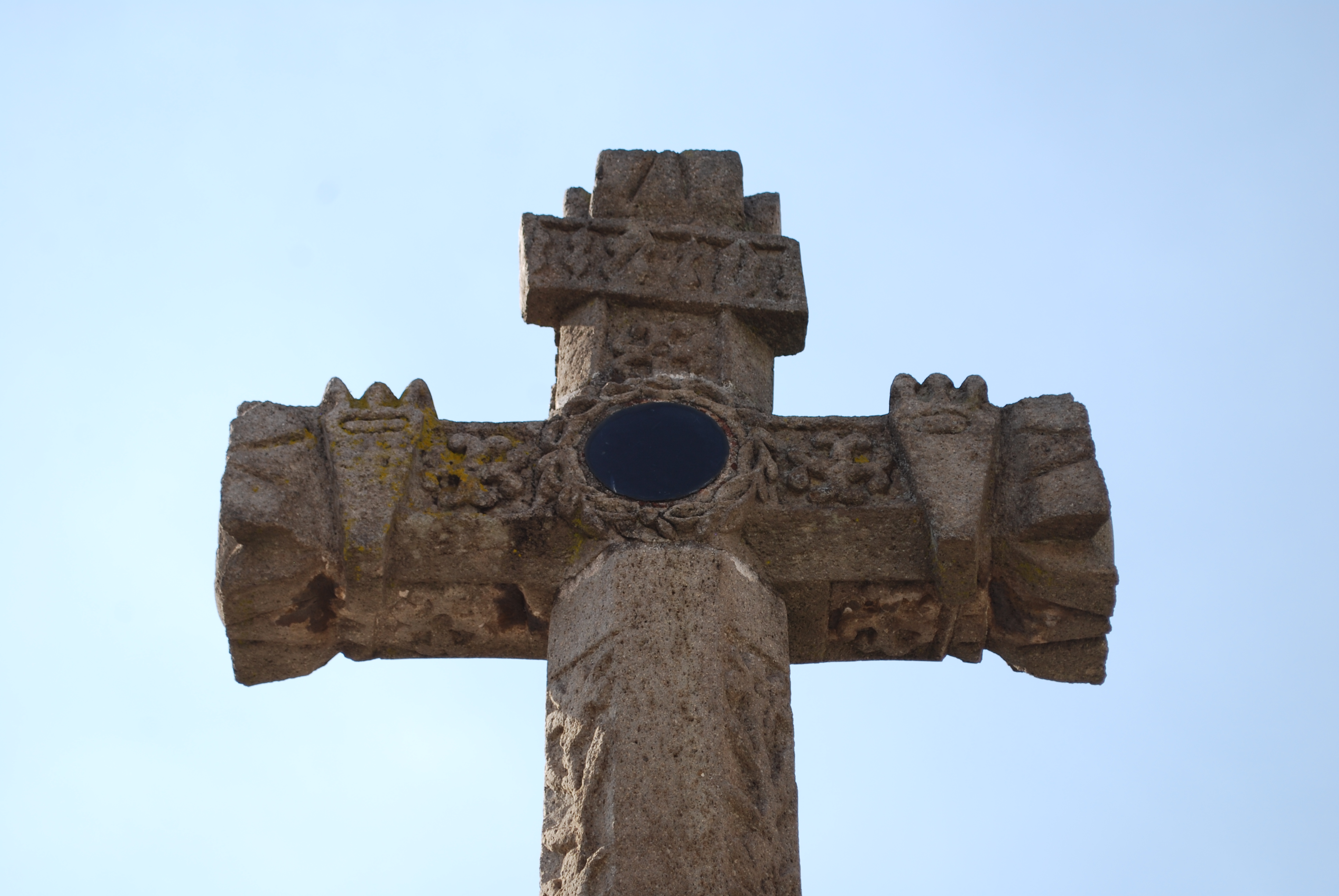Second Sunday in Ordinary Time (Year B)
Deacon Steven DeMartino
January 18, 2015
First Samuel 3:3-10, 19; Psalms 40:2, 4, 7-8, 8-9, 10; 1 Corinthians 6:13-15, 17-20; John 1:35-42
Deacon Steven DeMartino wrote the following reflection, which is also found in A Maryknoll Liturgical Year: Reflections on the Readings for Year B, available from Orbis Books.
The scriptures we hear proclaimed today center around our relationship with God, or more precisely, God’s call to intimacy and mission and our response.
The psalmist talks of how God made us and formed us, how God knows our hearts and inmost thoughts, and how God has created us to accomplish a purpose. Paul reflects on the theme of creation, and how we are called to glorify God with our whole being. In today’s Gospel from John, we hear of Jesus’ call to mission and ministry. Finally, in first Samuel we hear the story of God calling Samuel when he was a young boy, entrusting him with a mission to grow and develop into a great judge and leader in Israel.
The Word of God reminds us that there is no set formula by which God calls us; but rather that the call to mission comes in different ways, at different times, and in different contexts and circumstances. But the call from God to go beyond ourselves and into mission does come indeed, and it is God’s fervent hope that we listen and respond to our unique call to mission, and in so doing participate in building the Kingdom of God.
My experience and my brokenness has taught me that, like Samuel in the Old Testament, I need others to help me interpret my particular call from God, the call that we all are marked with at our baptism, the call that we hopefully grow into as our lives unfold. If we open our hearts to listen for God’s call as it is emerges in the witness of our mentors, and in the life of our communities, and in the events of our cosmos, then we can live in full participation with the dynamic and particularly unique intimacy God calls us to. Trying to understand that call, and listening for its particular expression, is hard to do without the support and guidance of others. We are, after all, created in God’s image and likeness, and with that comes the hunger for relationship, intimacy, and community.
I was thinking about this while listening to a story on the radio about the drug cartels in Nuevo Laredo, Tamaulipas, Mexico. There, community members have been communicating via email and text messages to report cartel activity in order to keep their streets safer. In response, the cartels have killed many of these people, displaying their bodies publicly as a means of intimidation.
I remember vividly from my own visits to Ciudad Juarez during the past few years the tension and terror that hangs like sheets of rain throughout the frontera (border) communities. It is normal for police officers and military troops to wear black facemasks as part of their uniforms, hoping to hide their identities from the cartel gangs, not so much for their own safety, but rather to protect their families and friends, who will be murdered as a tactic to demoralize and scare off anyone who attempts to uphold the rule of law. These are communities that live in physical fear; but have nonetheless come together in faith and in hope, practicing love and compassion in a world of violence.
What a powerful and faith-filled call for justice! What great mission witness: to speak the truth and risk everything to confront the structures of poverty, exploitation and terror within their communities.
With Christmas just behind us, and in the context of this great mission witness story, we reflect on the birth of Christ. Many people of Christ’s time were hoping for a leader that would liberate them and establish God’s reign through a military victory. Instead, God sent Jesus.
Jesus liberates us not through war and violence, but through the joy of witnessing his message to one another, of sharing in that love, of building community, and saying “yes” to the call to work for justice. And it is only through this love, through our very selves as God’s hands, that this world will see an end to violence. When we take the Eucharist into our bodies, we do so to imitate Christ, and if we open our hearts to God’s love, then we become the hands and hearts of Christ in our communities. Each according to our own particular call, we find the strength to witness the truth and stand up to the structural evils around us.
How is God calling you into mission, and who are the mentors and supporters you need around you that will give you the strength to say “yes” to your baptismal call? Maryknoll Sister Ita Ford, martyred on December 2, 1980 in El Salvador, wrote to her niece shortly before her ultimate witness of faith: “I hope that you come to find that which gives life a deep meaning for you. Something worth living for – maybe even worth dying for – something that energizes you, enthuses you, enables you to keep moving ahead.”
God calls each one of us in a unique way to proclaim the mission of Jesus. Let us do so with mercy, compassion, and hearts on fire with Jesus’ love!
Photo by Alejandro Linares Garcia

